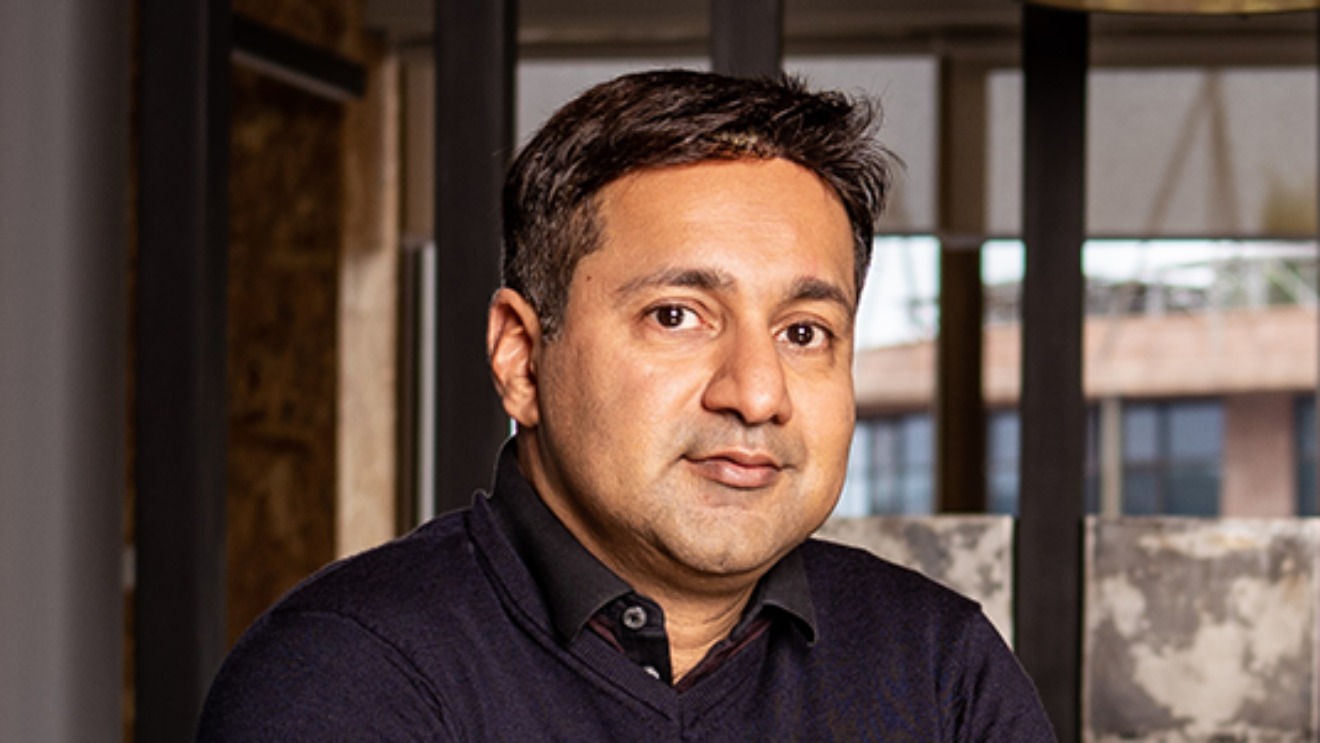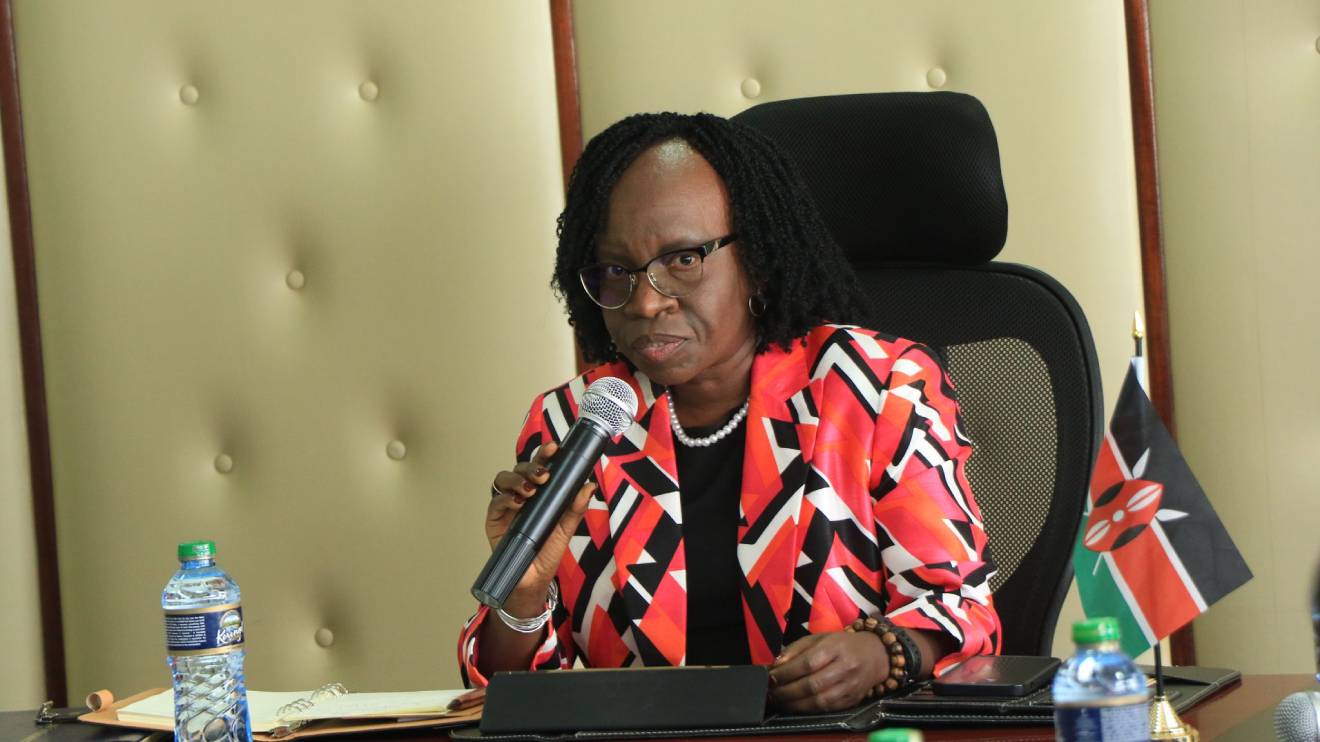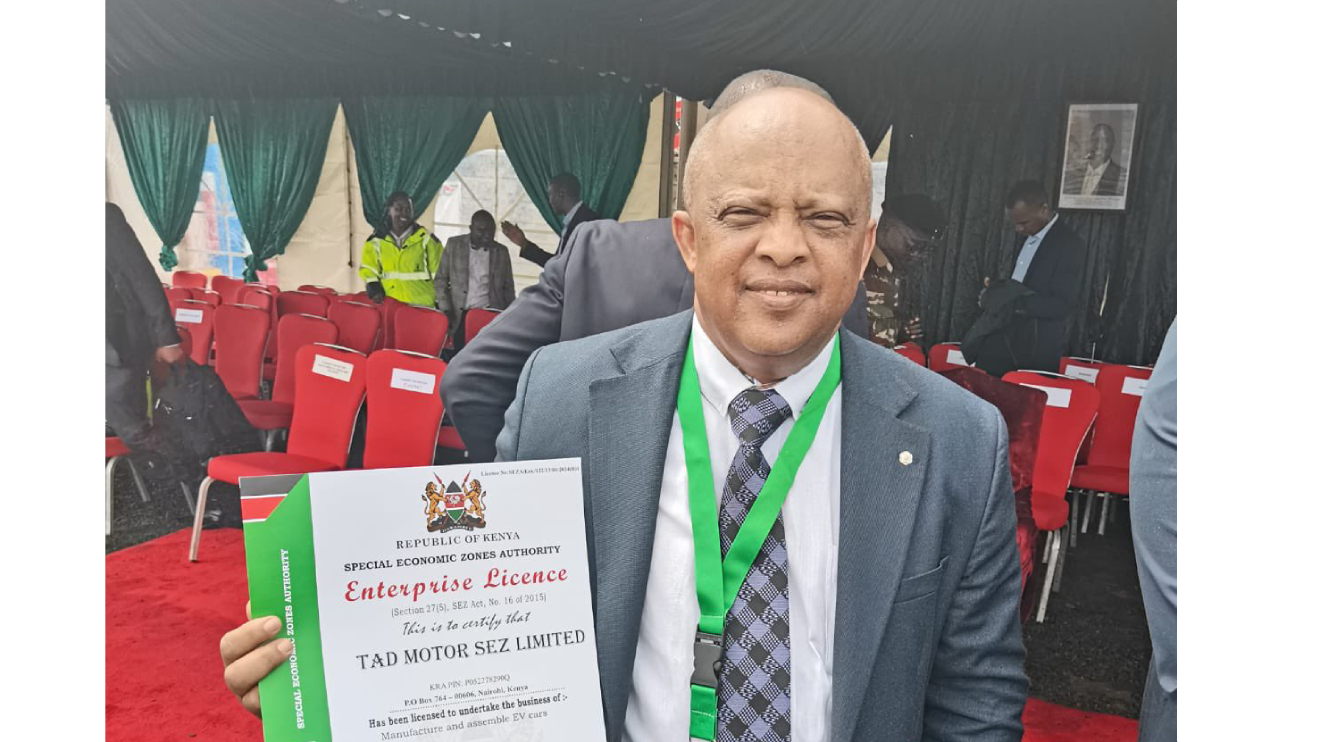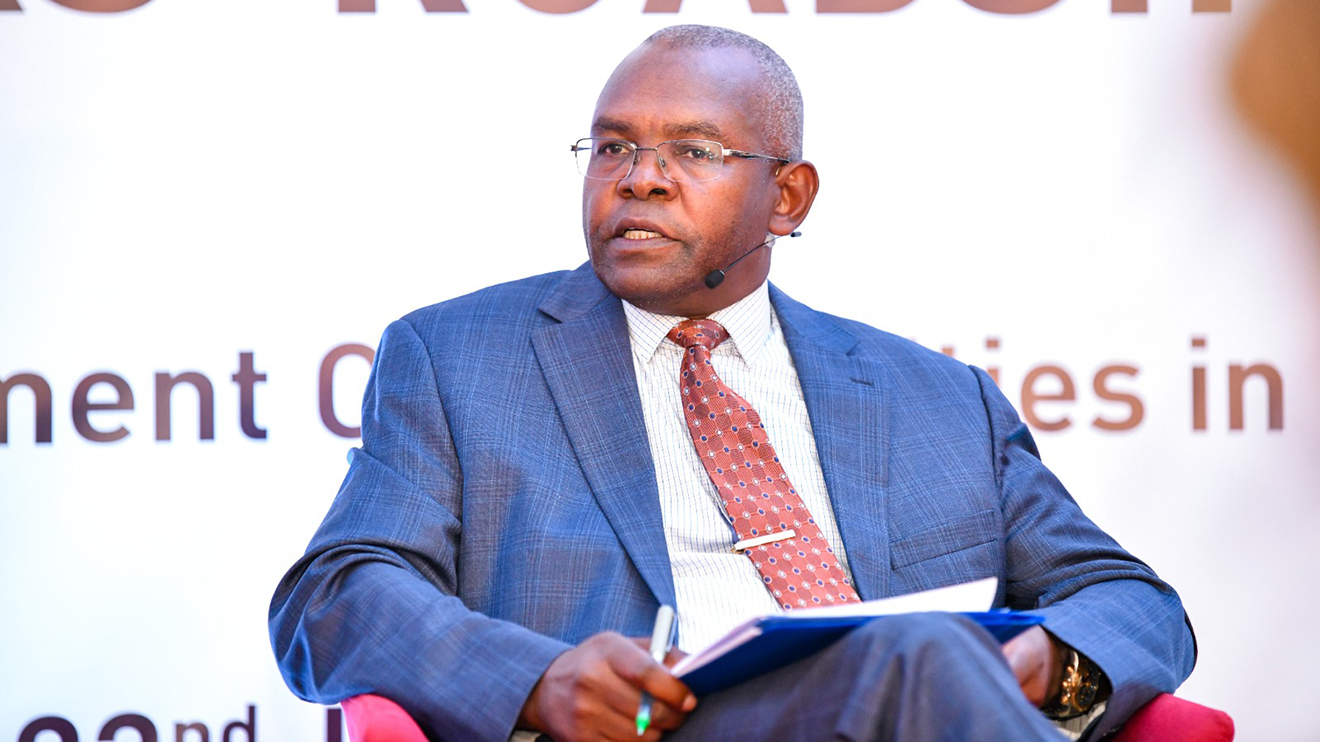Kenyan-based FinTech firm Cellulant has announced a significant reduction of its workforce by 20 per cent.
According to Cellulant, this is a strategic move aimed at bolstering efficiency and propelling growth
The workforce restructuring comes as part of Cellulant's strategic transition towards a learner-product-led organizational model, signalling the company's resolute commitment to maintaining its market leadership.
Cellulant's CEO conveyed the strategic impetus behind this workforce transformation in a communication distributed to its staff.
Emphasizing the company's dedication to optimizing operations and driving efficiency, the CEO highlighted initiatives such as business process automation across diverse global regions.
The CEO's email read, "We are keen to drive initiatives that will boost efficiency in our operations... We will continue to allocate capital in areas that will drive the growth of the business and ensure we remain a market-leading player in the industry."
The proposed changes involve a consolidation of key functions within the organization, alongside the creation of new roles.
This measured realignment will impact 20 per cent of the current workforce, a significant move that underscores Cellulant's determination to ensure its future success in offering innovative solutions tailored to customer needs.
In a separate statement, Akshay Grover, Cellulant's Chief Executive Officer who assumed the role in 2021, articulated the company's forward-looking strategy.
Grover detailed that Cellulant is pivoting towards a product-led organizational structure to power increased growth across the 19 countries where it operates.
"This is part of its new organizational strategy that will see the company enhance its service offerings to evolving customer needs across the 19 countries it operates in," Grover remarked.
Acknowledging the ever-evolving operational landscape, shaped by factors such as technological advancements, changing consumer preferences, and market dynamics, Grover affirmed the company's vigilance in staying adaptable and responsive to such shifts.
Grover expressed optimism about the company's trajectory, asserting, "Cellulant has come a long way to become a leader in the pan-African payments space. Innovation, efficiency, and agility will underpin our narrative over the next few years, and these are the first of critical steps."
Cellulant's deliberate move towards a learner-product-led structure aligns with its steadfast aspiration to continue leading the payments industry by catering effectively to the dynamic needs of its diverse customer base across the African continent.
Founded in 2003 in Kenya, Cellulant has evolved into a prominent pan-African payments entity, spanning diverse sectors such as oil and gas, ride-hailing, e-commerce, travel, logistics, retail, airlines, and fast-moving consumer goods.







-1756319289.jpg)




